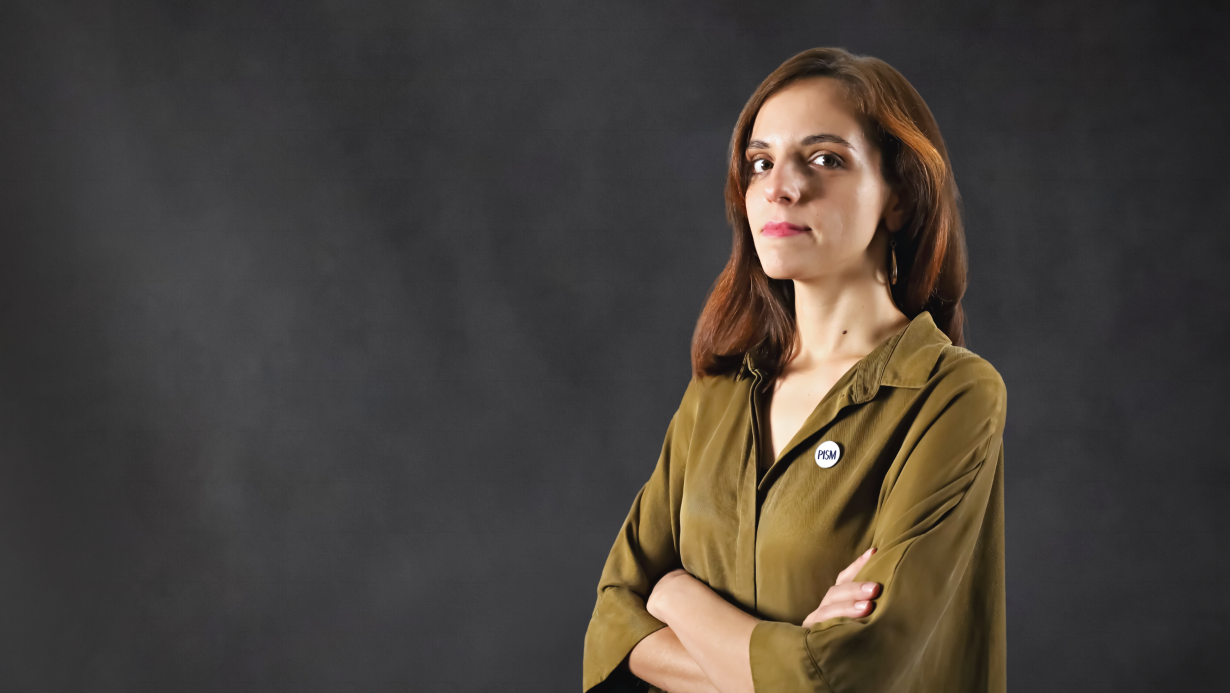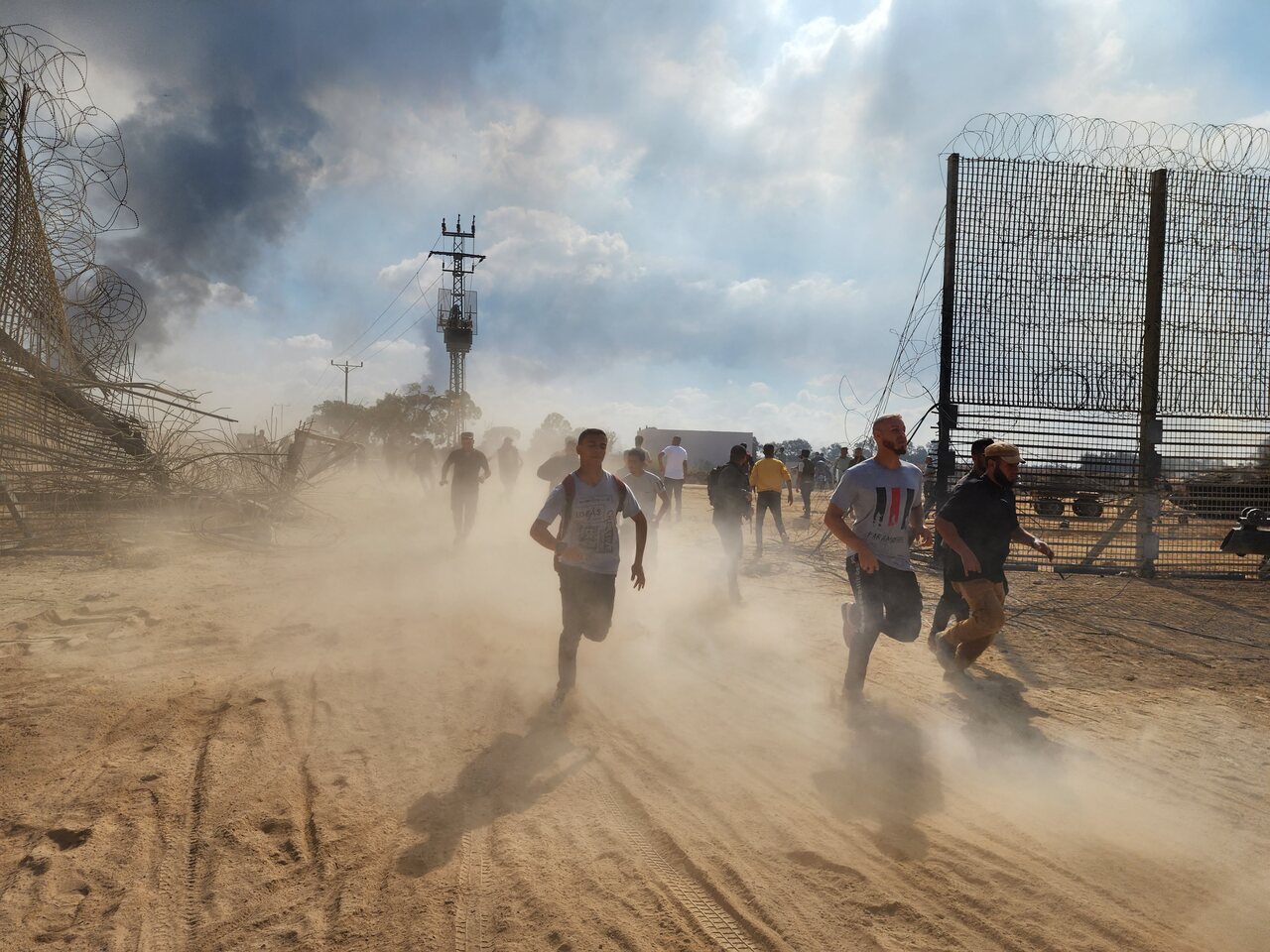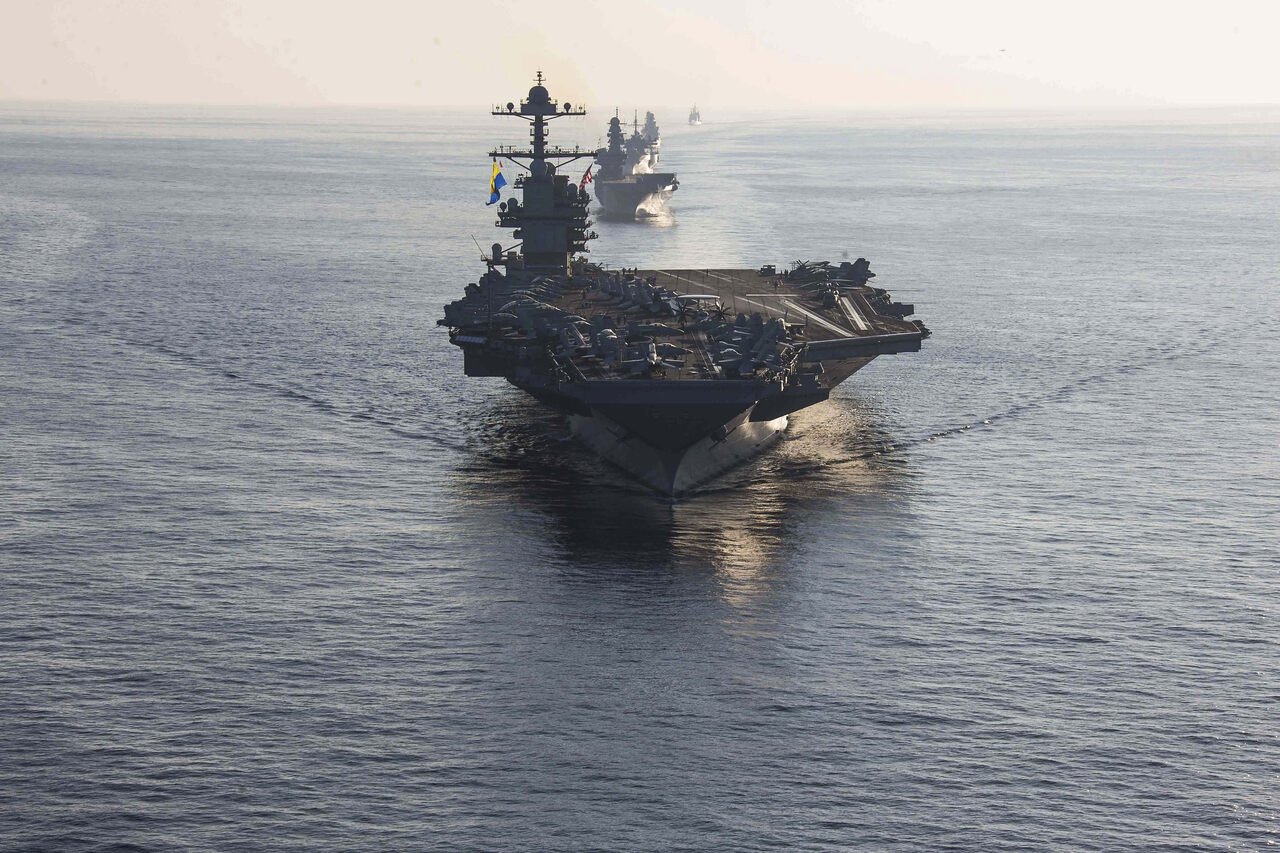Arab States React to the War between Hamas and Israel
The authorities of Arab states have not unequivocally condemned the Hamas attack on Israel on 7 October, and instead they have been limiting themselves to criticising the murder and other violence against civilians. Egypt and Qatar were quick to engage in mediation efforts, stressing that only a solution that takes into account the Palestinians’ state aspirations will be stable and long-lasting. Other Iranian-backed militias—Lebanon’s Hezbollah and Yemen’s Ansar Allah (also known as Houthi)—have threatened to join Hamas’ fight.
 AA/ABACA / Abaca Press / Forum
AA/ABACA / Abaca Press / Forum
What were the reactions of Arab states to the attack?
Most leaders in the Arab world recognise Hamas as an extension of Iran, used to destabilise the Middle East, but at the same time they support the Palestinians’ state aspirations, as seen in the states’ reactions to the events. The only Arab states that unequivocally condemned the Hamas attack (and then, only after details about some of the atrocities emerged) were the United Arab Emirates (UAE) and Bahrain. In other cases, the criticism was limited to expressing opposition to attacks on civilians, accompanied by an emphasis on the need for both sides to respect international law, criticism of the siege of Gaza by pointing to years of ongoing Israeli actions, and calls for the implementation of a two-state solution to permanently end the conflict.
Algerian and Qatari authorities were the least critical of Hamas (excluding the Syrian regime’s glorification of Hamas), describing its attack as the result of years of Israeli violations of Palestinians’ rights and a consequence of the lack of prospects for ending the occupation of Palestine.
What is Egypt facing in relation to Israel’s escalation in Gaza?
The Egyptian authorities have held talks with regional leaders, including Palestinian President Mahmoud Abbas, the U.S. administration, and the UN Secretary-General, to discuss options for ending the escalation. In addition, with the complete closure of the Gaza-Israel land and sea border, Egypt has become crucial in the provision of necessary humanitarian aid, food, and water to the people of Gaza. However, even this avenue has been hampered by Israel's bombardment of the Palestinian side at the Rafah crossing on the Egyptian border. This prevented the handover of a convoy prepared by Egypt in cooperation with Jordan carrying medical equipment, medicine, food and other essentials. During talks between U.S. National Security Advisor Jake Sullivan and Egyptian and Israeli representatives, Egypt rejected opening its border to Gaza refugees despite the American pressure, stressing that it could jeopardise the Palestinians’ right to keep their land. Egyptian leaders also see the potential influx of Gaza refugees as a threat to national security.
How will the events affect the other neighbours of Palestine and Israel?
As casualties of the Gaza siege increase, there is a growing risk that the Iranian-backed Lebanese Hezbollah will join the fighting against Israel in order to maintain its image as the main actor in the so-called “axis of resistance” against Israel. The announced ground invasion of Gaza by Israel will also increase the chances of this happening. This possibility is supported by the increase in tensions on Lebanon’s southern border in recent months. At the same time, the political and economic crisis in Lebanon has had dampened support for Hezbollah, and the spread of fighting to the country could isolate it on the international political scene.
To reduce the risk of an attack by Hezbollah, Israel bombed airports in Damascus and Aleppo, where Iranian arms supplies were arriving. This will also hamper the potential operations of other Iranian-backed militias operating in Syria, especially in light of reports of their growing presence along with Assad regime fighters near the Golan Heights.
Tensions have also risen in Jordan where at least half of the population has Palestinian roots. The country’s relations with Israel have deteriorated since far-right parties took power in the latter, calling for, among other things, the demolition of mosques in Jerusalem under the care of the Jordanian royal family. On 13 October, pro-Palestinian demonstrations took place in Amman, gathering thousands of people.
How can the Gulf states help resolve the conflict?
Qatar, which has close relations with Hamas, has engaged in mediating a prisoner exchange, but so far, Israel rejects the possibility of negotiating with Hamas. The monarchy also has agreed to once again block $6 billion that was to be released to Iran in connection with an earlier prisoner exchange with the U.S. This is to allow Qatar to maintain an appearance of neutrality and thus increase the chances it can play a significant role in mediation or conflict resolution.
Saudi Arabia is also attempting to mediate. Its priority is to keep Iran from monopolising the Palestinian issue. That is why in its stance it referred to the Israeli occupation as the cause of the Hamas attack, and four days after the attack, Saudi Crown Prince Muhammad bin Salman held a nearly hour-long conversation with Iranian President Ibrahim Raisi.
Emirati President Muhammad bin Zaid spoke with the Egyptian President Abdel Fattah al-Sisi and the Italian Prime Minister Giorgia Meloni, among others, to stress the need for diplomatic efforts to de-escalate in Gaza. The UAE, thanks to its burgeoning relationship with Israel and its unequivocally critical policy towards Islamist organisations, is the Arab state that Israel may perceive to be the least biased. However, Hamas and Israel indicate that so far there is no space for ceasefire talks.
What can the EU do?
To date, Palestinian attitudes towards the EU have remained relatively positive due to its role as the largest donor to the Palestinian Authority (PA). However, many in Palestine and the region are now criticising European states’ positions for their support of Israel’s actions and, from the Arab perspective, their failure to address Israel’s violations of human and international rights in recent years. This could exacerbate mistrust and anti-Western sentiment in the Arab world and limit the EU’s ability to influence relations between Israel and Palestine.
For the EU, the greatest potential for reducing the conflict will be to work with states that are in a position to influence Hamas—Qatar and Egypt—for the release of Israeli hostages and the delivery of humanitarian aid to Gaza. EU authorities can also work with other Arab states to counter the spread of violence elsewhere in Palestine, for example by maintaining financial support for the PA. This should be accompanied by opposition to the narrative of radical Israeli organisations discrediting the state aspirations of Palestinians.




